
What is NoSQL? A Comprehensive Guide To Get You Started With NoSQL
Jan 30, 2025 6 Min Read 5120 Views
(Last Updated)
Databases are the heart of data science. You can’t separate them from each other and one can’t learn data science without learning databases.
If you start learning databases, you will find that, there isn’t one but many databases that data scientist put their hands on. One such important database is NoSQL.
In this article, you will understand everything about NoSQL, from its definition to its types, its importance, and lastly the misconceptions around it.
So, sit tight and enjoy your journey through this database!
Table of contents
- What is NoSQL?
- Why NoSQL? Why is it Popular?
- Scalability: Growing with Your Needs
- Flexibility: Handling Different Types of Data
- Performance: Speed Matters
- Cost-Effective: Managing Your Budget
- Handling Big Data: Perfect for Large Volumes
- Types of NoSQL Databases
- Document Stores
- Key-Value Stores
- Column-Family Stores
- Graph Databases
- Choosing the Right NoSQL Databases
- When to Use NoSQL?
- High Volume and Velocity of Data
- Schema Flexibility
- Real-Time Data Processing
- Handling Unstructured Data
- Scalability Needs
- Cost-Effectiveness
- When Not to Use NoSQL
- Common Misconceptions About NoSQL
- Conclusion
- FAQs
- Are NoSQL databases better than SQL databases?
- Can NoSQL databases handle transactions?
- Are NoSQL databases schema-less?
- How do NoSQL databases handle large datasets?
- What are some common challenges when using NoSQL databases?
What is NoSQL?

The first thing that you should understand is that NoSQL stands for “Not Only SQL” and not “No need for SQL”. This is a simple misconception that everyone thinks of when they first hear the term.
It’s a broad category of database management systems that differ from traditional relational databases like MySQL, PostgreSQL, and Oracle.
The primary distinction lies in how the NoSQL databases store and retrieve data. Instead of using fixed schemas and tables with rows and columns, these databases are designed to handle unstructured data, offering greater flexibility and scalability.
That is why, in most cases, these databases are preferred over others.
Learn More: How Does Database Servers Work? Explained with Illustrations
Why NoSQL? Why is it Popular?

When deciding on a database for your project, you might wonder why you should consider NoSQL over others. As we said there are numerous databases to look out for. This section will cover why this database is more popular than others.
Before we move any further, it is mandatory that you know the basics of data science and databases. If not, consider enrolling for a professionally certified online Data Science Course offered by a recognized institution that teaches you the basics and strengthens your foundation.
Let us now see why this database might be the right choice for you:
1. Scalability: Growing with Your Needs
Imagine your application is like a small shop that turns into a huge mall as more people start visiting. Relational databases (SQL) are like a shop that can expand only by adding more shelves inside.
In contrast, NoSQL databases are like building new stores next to each other to accommodate more customers. This is called horizontal scaling.
- Horizontal Scaling: You can add more servers (nodes) to handle more data and traffic. This is especially useful for applications that expect rapid growth or spikes in user activity.
- No Bottlenecks: By spreading the load across multiple servers, you reduce the risk of overloading a single server, which helps maintain performance and reliability.
2. Flexibility: Handling Different Types of Data
Think about the variety of data you deal with daily: text messages, videos, social media posts, sensor data, and more.
Traditional SQL databases require you to fit all this data into a predefined structure, like trying to fit different-shaped pegs into square holes. NoSQL databases are much more adaptable.
- Dynamic Schemas: These databases allow you to store data without a fixed structure. You can add fields as needed without redesigning the whole database. This is perfect for applications where data structures evolve over time.
- Multiple Data Formats: You can store various types of data, whether it’s structured, semi-structured, or unstructured. This is great for applications like social networks, content management systems, and big data analytics.
3. Performance: Speed Matters
In today’s world, speed is crucial. Whether you’re running an online store, a social media platform, or a real-time analytics system, you need a database that can keep up.
- Fast Reads and Writes: These databases are optimized for high-performance read and write operations. This is particularly useful for applications that need to process a large number of transactions quickly.
- Real-Time Data Processing: If your application requires real-time data analysis or instant updates, these databases can deliver the speed and efficiency you need.
4. Cost-Effective: Managing Your Budget
Running a database can get expensive, especially as your data grows. NoSQL databases can be more cost-effective than traditional relational databases.
- Commodity Hardware: You can run these databases on cheaper, off-the-shelf servers instead of investing in high-end, specialized hardware.
- Pay-As-You-Grow: With the ability to scale horizontally, you can start small and add more servers as your needs grow, spreading out the costs over time.
5. Handling Big Data: Perfect for Large Volumes
In industries like e-commerce, IoT, and social media, the volume of data can be staggering. These databases are built to handle big data efficiently.
- Distributed Architecture: These databases are designed to distribute data across many servers, ensuring that they can handle large volumes without a hitch.
- Fault Tolerance: They also come with built-in redundancy and fault tolerance, meaning your data is safe even if one server fails.
NoSQL databases offer a range of benefits that can make a huge difference depending on your specific needs. They provide scalability, flexibility, high performance, and cost-effectiveness, especially when dealing with large volumes of diverse data.
Remember, it’s all about choosing the right tool for the right job.
Know More: Best Online MySQL Course with Certification
Types of NoSQL Databases

Now that you have a basic understanding of what NoSQL is and why it might be beneficial for your project, let’s dive into the different types of NoSQL databases. Knowing these types will help you choose the right one for your specific needs.
1. Document Stores
Imagine you have a collection of documents, each with varying information. Document stores are perfect for this scenario because they store data as documents, typically in formats like JSON, BSON, or XML.
- How They Work: Each document in the database can have a different structure, which means you can add new fields as needed without affecting other documents. This flexibility is great for handling diverse and complex data.
- Use Cases: Content management systems, blogging platforms, and e-commerce websites where each product can have different attributes.
- Popular Examples: MongoDB, CouchDB.
Explore: A Comprehensive Guide to Data Modeling in MongoDB
2. Key-Value Stores
Think of a dictionary where each word (key) has a definition (value). Key-value stores work similarly, making them simple yet powerful for certain use cases.
- How They Work: Data is stored as a collection of key-value pairs. You access data by its key, which makes retrieval very fast.
- Use Cases: Session management, caching, and storing user preferences.
- Popular Examples: Redis, DynamoDB.
3. Column-Family Stores
Picture a spreadsheet where data is organized into columns rather than rows. Column-family stores are designed for this type of organization, making them efficient for certain types of queries.
- How They Work: Data is stored in columns, which allows for efficient storage and retrieval of large datasets. Each column family contains rows, and each row can have a different number of columns.
- Use Cases: Data warehousing, time-series data, and big data applications.
- Popular Examples: Cassandra, HBase.
4. Graph Databases
Imagine you are mapping out relationships in a social network where you need to know how people are connected. Graph databases are built to handle this type of data.
- How They Work: Data is stored as nodes (entities) and edges (relationships). This allows you to efficiently query and navigate complex relationships.
- Use Cases: Social networks, recommendation engines, and network analysis.
- Popular Examples: Neo4j, JanusGraph.
Choosing the Right NoSQL Databases
To choose the right type of NoSQL database from the above-mentioned databases, consider what you need:
- If you need flexibility with complex data structures: Go for Document Stores.
- If you need fast data retrieval and storage: Key-Value Stores are your best bet.
- If you handle large volumes of structured data: Column-Family Stores will serve you well.
- If your data involves complex relationships: Graph Databases are the way to go.
By choosing the right NoSQL database, you can ensure that your application runs smoothly, scales effectively, and meets the needs of your users.
Explore More: 15 Most Common SQL Queries with Examples
When to Use NoSQL?

Now that you know what NoSQL databases are and the different types available, you might be wondering, “When should I use NoSQL?”
Let’s explore the scenarios where these databases shine:
1. High Volume and Velocity of Data
Imagine you are running a popular app or website that gets millions of users every day. The amount of data generated can be enormous, and handling this efficiently is crucial.
- Why NoSQL?: These databases can handle large volumes of data and high-speed data processing (velocity) better than traditional SQL databases.
2. Schema Flexibility
Picture a growing startup where your application needs to adapt quickly to changing requirements. You might need to add new features or fields without much hassle.
- Why NoSQL?: These databases allow you to store data without a fixed structure, so you can add new fields or change existing ones easily.
3. Real-Time Data Processing
Consider an application that needs to provide real-time updates to its users, like a gaming leaderboard or a live traffic monitoring system.
- Why NoSQL?: These databases are designed for fast read and write operations, making them ideal for real-time data processing.
4. Handling Unstructured Data
Think about the variety of data we deal with today: text, images, videos, logs, and more. Not all of this data fits neatly into tables.
- Why NoSQL?: These databases can handle unstructured and semi-structured data efficiently.
5. Scalability Needs
Imagine your app is getting more popular, and you need to ensure it can handle an increasing number of users without slowing down.
- Why NoSQL?: These databases can scale horizontally, meaning you can add more servers to handle increased loads.
6. Cost-Effectiveness
Consider a startup with a tight budget. You need a solution that is not only effective but also cost-efficient.
- Why NoSQL?: These databases can be more cost-effective because they often run on cheaper, commodity hardware and allow you to scale as needed.
Also Explore: Mastering Database Optimization: Advanced Indexing Techniques for Performance
When Not to Use NoSQL
While NoSQL databases have many advantages, they are not always the best choice. Here are a few situations where you might want to stick with a traditional SQL database:
- Transactional Applications: If your application requires complex transactions and strict data integrity, like banking systems, SQL databases with ACID compliance are a better fit.
- Established Schema: If your data model is well-defined and unlikely to change, a relational database might be simpler and more efficient.
- Complex Queries: If you need to perform complex queries involving multiple tables and relationships, SQL databases provide powerful query capabilities that NoSQL databases might lack.
Whether you’re handling massive amounts of data, need real-time processing, or require a flexible schema, NoSQL databases have you covered.
Learn More: A Complete Guide To Become A Data Scientist In 3 Months
Common Misconceptions About NoSQL

It’s easy to get carried away with the hype around NoSQL, but it’s important to clear up a few misconceptions first:
- NoSQL is Not a Replacement for SQL: While NoSQL databases are excellent for specific use cases, they aren’t meant to replace relational databases entirely. Each type of database has its strengths and ideal use cases.
- Lack of ACID Transactions: Traditional SQL databases are known for ACID (Atomicity, Consistency, Isolation, Durability) properties, which ensure reliable transactions. Many NoSQL databases prioritize performance and scalability over strict ACID compliance, though some NoSQL databases do offer ACID transactions.
- Not Always Easier: Just because NoSQL databases are flexible doesn’t mean they’re always easier to use. Understanding the specific use case and choosing the right type of NoSQL database is crucial.
If you want to learn more about data science and databases, then consider enrolling in
GUVI’s Certified Data Science Course not only gives you theoretical knowledge but also practical knowledge with the help of real-world projects.
Also, Read Future of Data Science and How You Can Thrive With It.
Conclusion
In Conclusion, NoSQL databases represent a significant shift in how we manage and store data, offering flexibility, scalability, and performance for modern applications.
However, they are not a one-size-fits-all solution. By understanding the different types of NoSQL databases and their use cases, you can make an informed decision about when and how to incorporate them into your projects.
Also Read: Top SQL Interview Questions With Answers [2025]
FAQs
It depends on the use case. NoSQL databases are better for handling large volumes of unstructured data and for applications requiring high scalability and flexibility.
Some NoSQL databases, like MongoDB, provide support for ACID transactions, but traditionally, NoSQL databases prioritize scalability and performance over strict transactional integrity.
Yes, NoSQL databases are often schema-less, allowing for dynamic changes to the data structure without requiring a predefined schema.
NoSQL databases distribute large datasets across multiple servers, allowing for efficient storage and retrieval of data.
Common challenges include handling complex transactions, ensuring data consistency, and dealing with a lack of standardization across different NoSQL systems.





















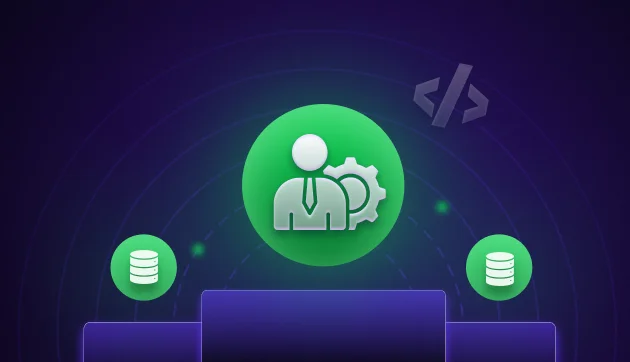
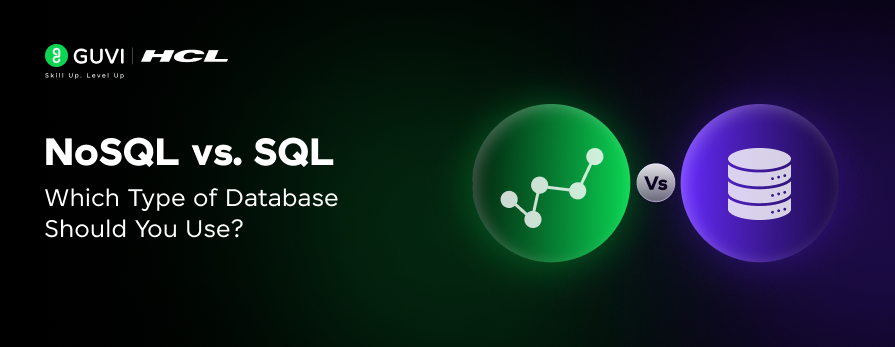
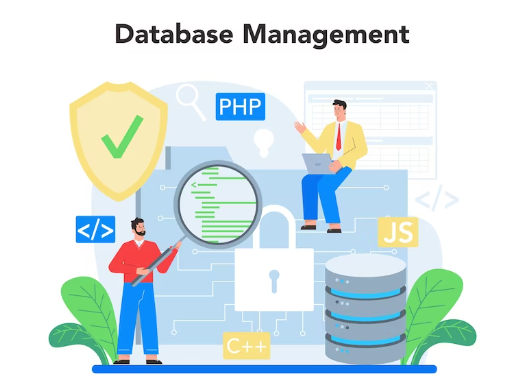
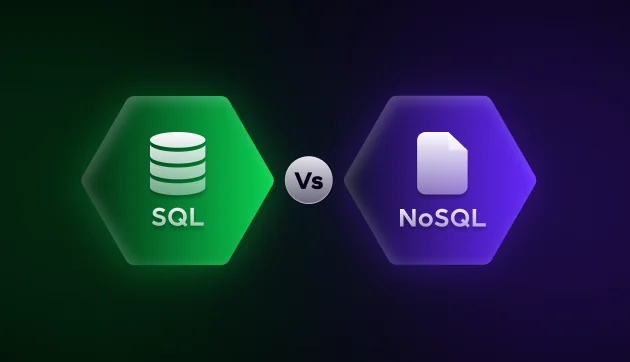
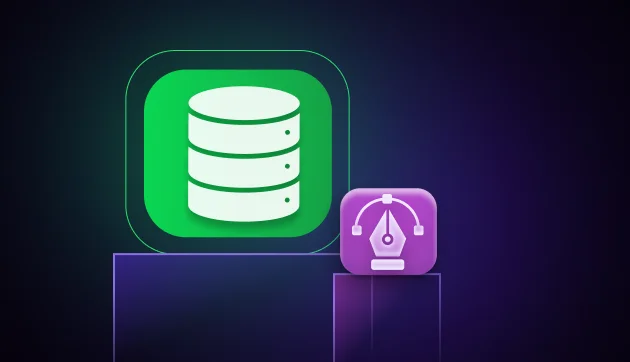
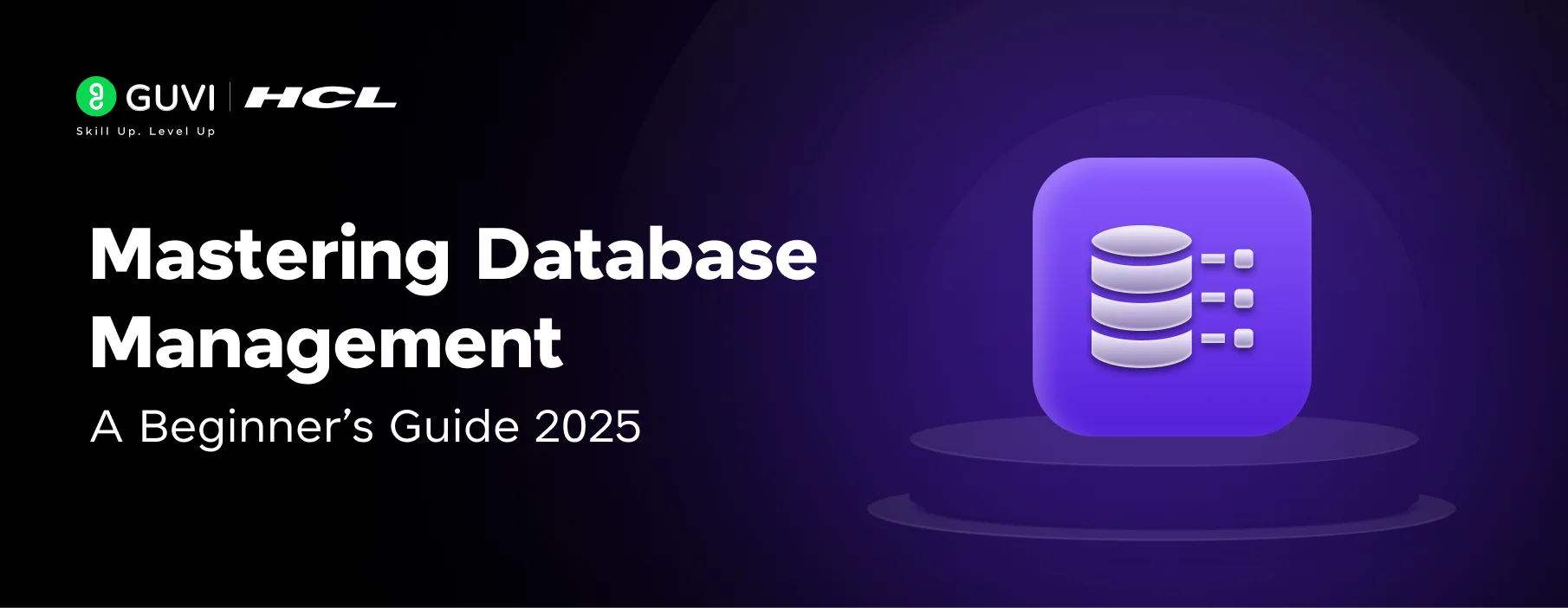
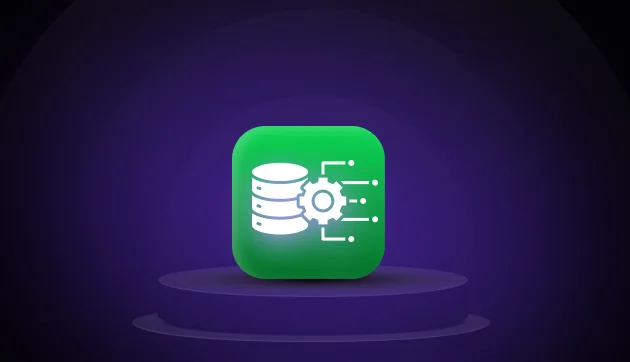
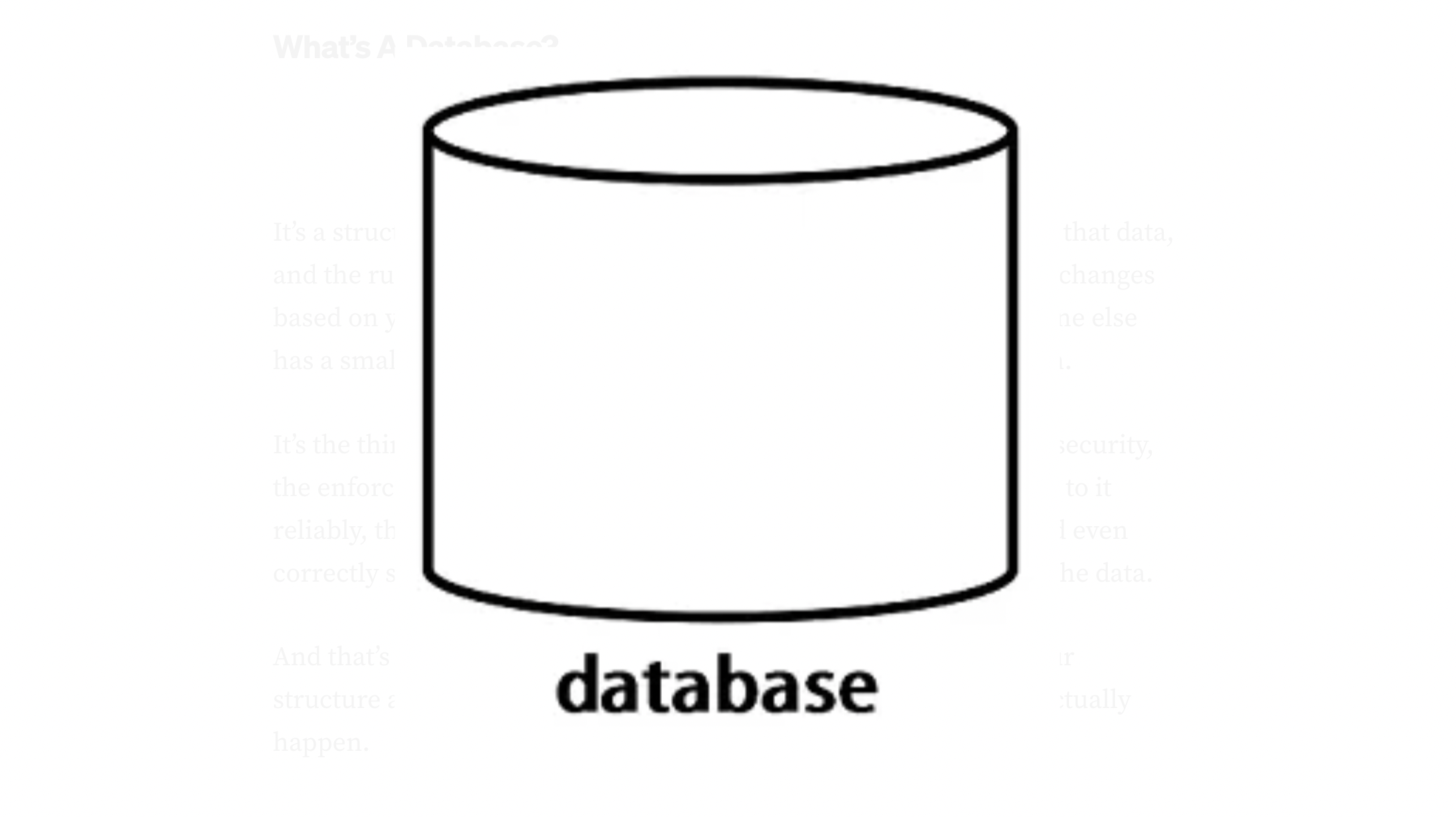


Did you enjoy this article?